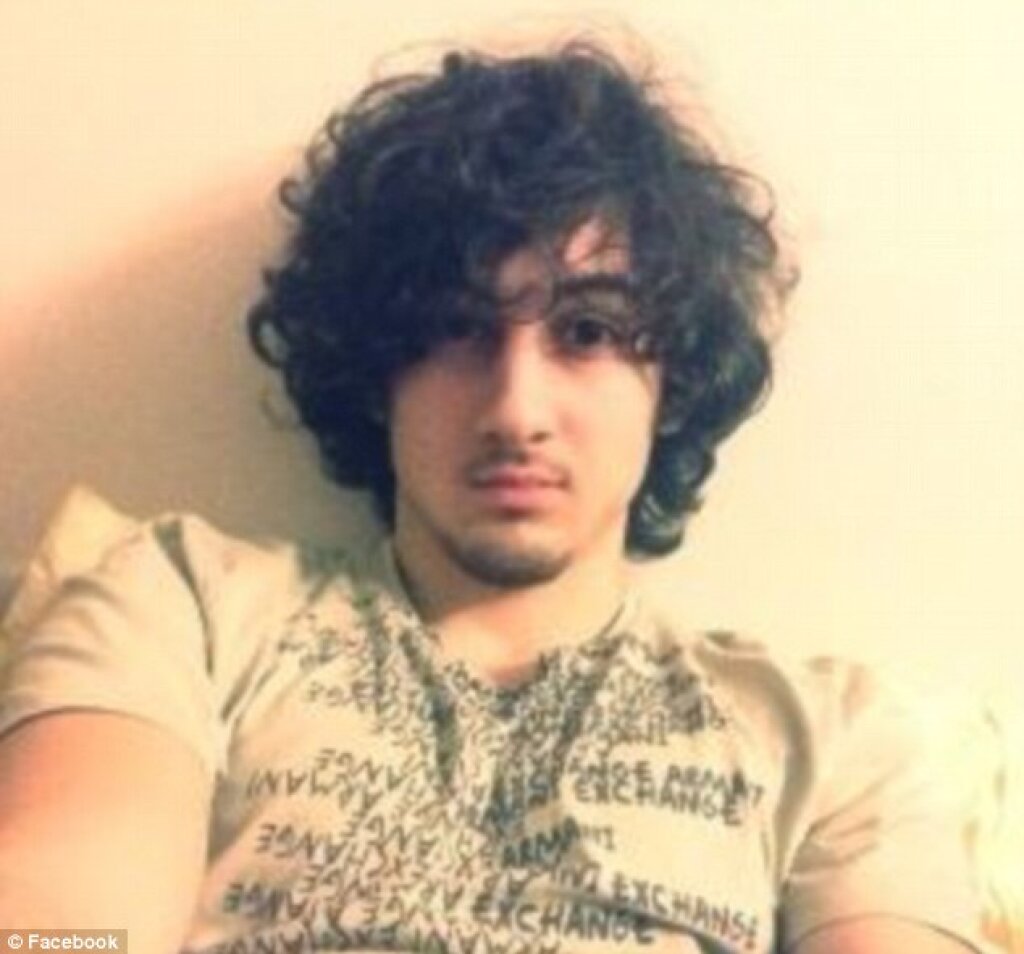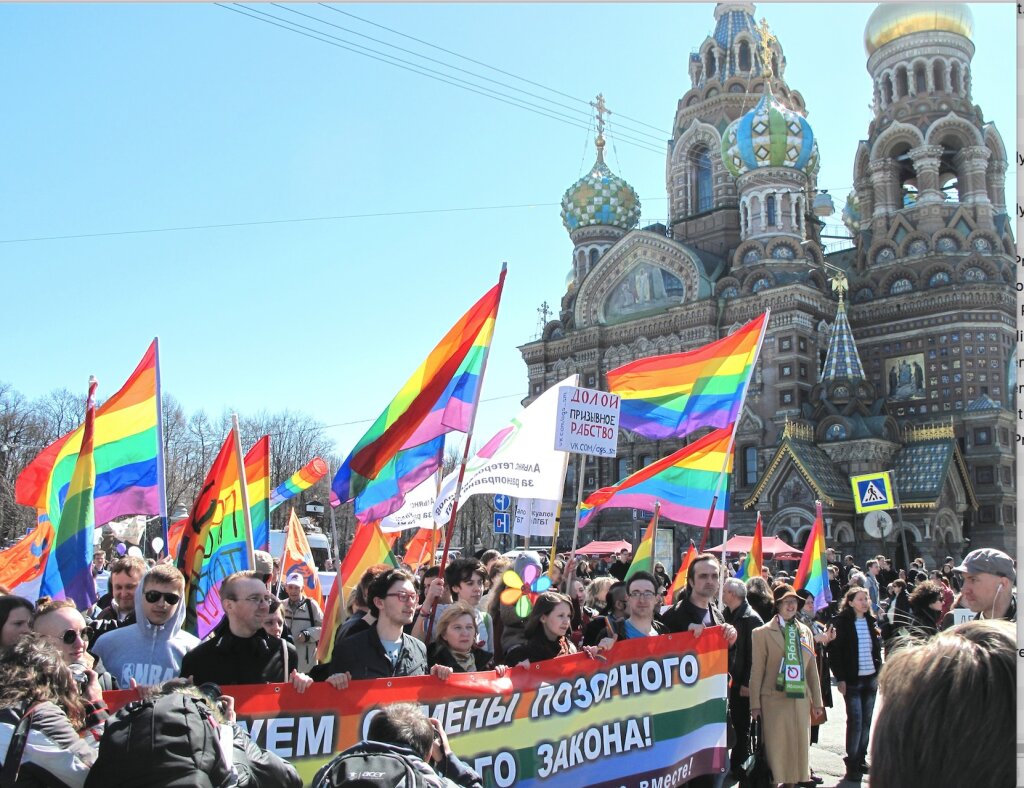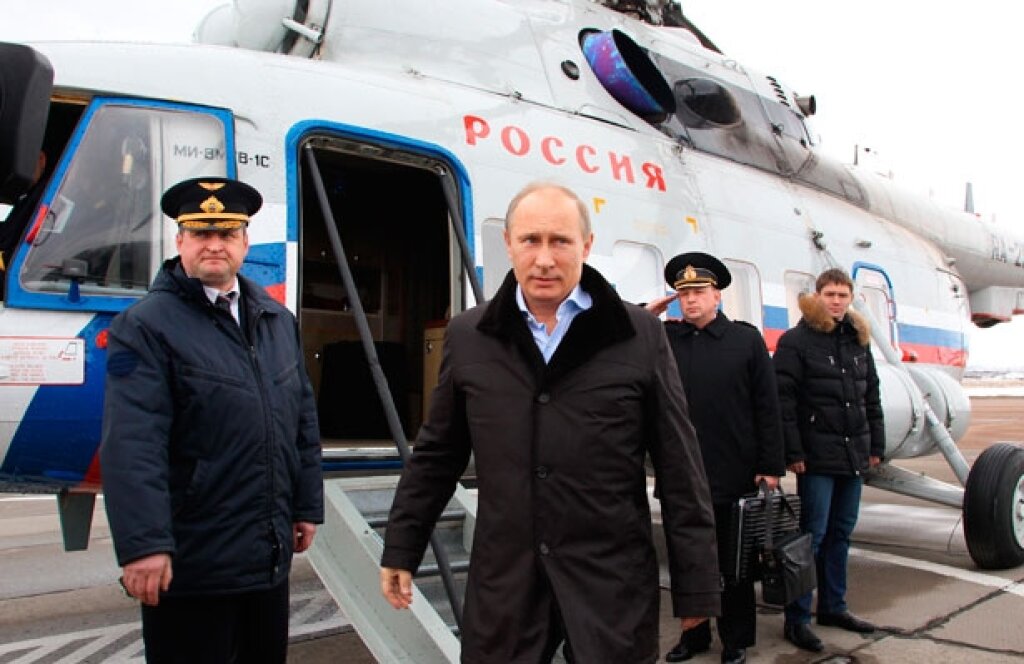Nathaniel Knight is Associate Professor and Chair of History at Seton Hall University
Like everyone else, I was horrified by the Boston marathon bombings last April. Growing up in Newton Mass, coming out on Patriot’s Day to cheer the runners up Heartbreak Hill was a yearly ritual, as comforting and inevitable as summer swims at Crystal Lake and sliding down the toboggan chute on Mason Rice Field. Who would want to attack the Marathon? The answer that soon came out—two brothers, immigrants to America, of ethnic Chechen background—only deepened the confusion. Granted that violent resistance was nothing new to Chechens—their ancestors had struggled against Russian domination of their native region in North Caucasus for over two hundred years. But why Boston? And why the Marathon?
In the aftermath of the events in Boston, a number of specialists on Russia and the Caucasus published articles and blogs decrying the often shallow and uninformed news coverage of the Tsarnaev brothers and their Chechen roots. There was, indeed, much to condemn in the early reporting. As the Onion wittily suggested, most American were so uninformed about the Chechens that they didn’t even know how to be to be prejudiced against them. News organizations scrambled to pump out any information they could find to fill the void. In their articles, the experts called for a more careful and restrained attitude on the part of the press: coverage should refrain from demonizing an entire ethnic group, avoid jumping to conclusions, resist facile historical and cultural generalizations insinuating that terror and bloodshed are somehow innate to the Chechens. Some went so far as to suggest that the Chechen background of the two young men was merely an incidental detail of little significance and that the two young men had more in common with home grown terrorists like Timothy McVeigh and Eric Rudolph than with Muslim fighters in the mountains of Chechnya and Dagestan.
As much as I agreed with the overall sentiments expressed in these articles, I couldn’t help but feel a sense of discomfort at their application to this particular case.
The background of the Tsarnaev brothers is by now a familiar story. The two are routinely identified as Chechens, yet neither of them ever lived in Chechnya. Like most Chechens the Tsarnaev family was caught up in Stalin’s brutal policy of mass deportation. Suspected of collaboration with the Nazis, who occupied their territory for a brief period in 1943, the Chechens were rounded up en masse and deported to Central Asia and Siberia. The Tsarnaevs wound up the Soviet republic of Kyrgyzstan and unlike most of their countrymen, who returned to Chechnya in the late 1950s, they remained in their adopted homeland all the way up until 2001. After a brief stint in Dagestan, where the boys’ mother had relatives, the family immigrated to the US as refugees. Thus, it appears that the bloody wars for Chechen independence in the 1990s and early 2000s bypassed the family almost entirely. Dzhokhar Dudaev’s flamboyant bid for independence following the break-up of the Soviet Union, Shamil Basayev’s breathtakingly bold and ruthless seizure of a hospital full of hostages in 1995 and the triumphant recapture of Grozny the following year by Aslan Maskhadov forcing Boris Yeltsin’s government into a negotiated settlement—all of these dramatic events from the first Chechen war the Tsarnaevs observed from a safe distance in the Kyrgyz town of Tokmok. The Second Chechen War hit a little closer to home. It began in 1999 with an incursion of Chechen militants into the neighboring territory of Dagestan and was still going strong when the Tsarnaev’s spent their year in the republic en route to America. Indeed, widespread sympathy for the plight of the Chechens may well have helped them to make their case as refugees fleeing Russian oppression. Nonetheless, the Tsarnaev family never experienced the full horrors of the war—the city of Grozny reduced to rubble by Russian bombing, vicious dragnet operations targeting the entire male population of villages and towns, kidnapping, hostage taking, torture and murder on all sides. Nor did the Tsarnaevs have a hand in the escalating wave of terrorist violence unleashed by Chechen militants starting with the bombing of entire Moscow apartment blocks (an act blamed on the Chechens, but which many believe was actually perpetrated by the Russian security forces) and moving on to attacks on numerous civilian targets including commercial aircraft, concerts, public transportation, theatres and, most tragically, a school full of innocent children in the town of Beslan.
But the fact that the Tsarnaevs may not have directly experienced the violence of the Chechen Wars does not mean that they escaped its impact or that they were not shaped more deeply by their Chechen heritage. The Chechens are a quintessential diaspora nation. Displaced from their original homeland, Chechens spread throughout the Soviet Union building up networks of kinship and ethnic affiliation. Essential to any such ethnic diaspora is the ability to maintain and transmit a distinctive identity while surrounded by and immersed in an alien cultural sphere. It is not surprising that ethnic diaspora often serve as incubators of nationalist movements. Assertions of identity that would be unnecessary and out of place in a native milieu can become essential to cultural survival in the context of diaspora. The Chechen diaspora has been notably successful in preserving its identity, and while we don’t know all the intimate details of the Tsarnaev brothers’ upbringing, there is no reason to think that they would not have partaken of this tradition. This is all the more so since the Chechen wars provided a compelling set of ready-made narratives of victimization and heroic struggle with which, by all indications, the brothers identified strongly.
The Second Chechen War drew to a close in the mid-2000s with the establishment of an iron fisted dictatorship under Ramzan Kadyrov. It could be argued, however, that the Chechen insurgency was not so much defeated as transformed. Two trends in particular are noteworthy. First is the increased prominence of radical Islam. While the initial impetus for Chechen independence under Dudayev was fueled largely by nationalism, as the struggle intensified it attracted an increasingly prominent Jihadi element. The Saudi militant commander Khattab, killed by Russian forces in 2002, was an early recruit serving as a key intermediary between Chechen fighters and international jihadi groups including Al-Queda. During the chaotic interlude between the two Chechen wars, the Islamist presence intensified, and when forces led by the Chechen commander Shamil Basayev pushed into neighboring Dagestan in the summer of 1999 it was with the stated intention of creating an Islamic state under Sharia law.
The invasion of Dagestan was quickly thwarted by Russian forces, but it foreshadowed a second trend: the spread of violence beyond Chechnya to other areas of the Caucasus. Independence for Chechnya figured less prominently in the rhetoric of fighters after 2000. More and more they spoke of creating a united Islamic state encompassing all the North Caucasus. After Ramzan Kadyrov began to tighten control in the mid-2000s, militants, finding it harder to operate in Chechnya proper, moved into surrounding regions. Violence has flared up in Ingushetia, North Ossetia, Kabardino-Balkaria and above all Dagestan. For most of the past decade, Dagestan has been in the throes of a low-level insurgency in which small groups of underground militants have waged a determined campaign against state authorities. Bombings and assassinations are regular occurrences and are met with brutal reprisals by the authorities. The targets, for the most part, are police, army units and state administrators, but innocent civilians have fallen victim at an alarming rate.
It was to this environment that Tamerlan Tsarnaev returned in the spring of 2012, ostensibly to spend time with his parents, who had moved back to Dagestan, and to renew his Russian passport. The full list of Tsarnaev’s contacts during his six month stay in the republic has yet to be compiled, but whether or not he actually met with representatives of the insurgency, he must have been aware of its mystique—the lure of the mountain forests drawing young men away from their families and homes into a life of noble resistance. The call of the forest could well have had a particular resonance for a young man of Tamerlan Tsarnaev’s background and sensibility. Shaped by the fiercely patriarchal culture of the Chechen diaspora, Tsarnaev found himself in America immersed in a world that offered little chance to validate his self-image as a man of honor. Educational opportunities had fallen by the wayside; a career as a professional boxer had been derailed, frustrations with American women led to an arrest on charges of domestic violence. Marriage may have been a bright spot amidst the thwarted hopes, but far from seeing himself as a strong and resourceful provider he had been reduced to caring for his infant daughter while his wife worked long hours to support the family. If ever there was a life in need of a justifying narrative, this was one. The worldview of radical Islam, pieced together from internet sources, reinforced by his Dagestan contacts, may have provided just such a narrative, allowing Tsarnaev to view himself as a fighter in a noble struggle lashing out against a corrupt and decadent world. But the site of Tsarnaev’s validation lay not in the forests of Dagestan, but in the streets of Boston.
Over the past two decades, cultural theorists have hastened to proclaim the death of ethnicity. Nations, tribes, ethnic groups, we have learned are constructed entities, abstract symbols that are concocted and mobilized because of the advantages they bring in the exercise of power. The very propensity to think in terms of collective interests and identities has been deemed a manifestation of “groupism”—an intellectual vice that denies individual self-determination, attributes agency to abstractions and blinds us to the true dimensions of power. From the perspective of the social sciences, many economists and political scientists have embraced the notion that people are “rational actors” whose decisions and actions reflect objective interests pursued irrespective of the messiness of culture, history and ethnic traditions. Yet it is precisely the occurrence of senseless acts such as the Boston Marathon bombing that complicates such austere methods. If there was a calculus that went through the minds of Tamerlan Tsarnaev and his younger brother, Dzhokhar, as they pieced together their primitive devices and set off to wreak havoc at the finish line of the Boston Marathon, it cannot be summed up in a neat equation of profit and loss. What mattered to them was not the particular outcome and the benefit that they would derive from it, but rather the stories they told themselves and wanted others to tell about them, stories that had an origin and a homeland.



